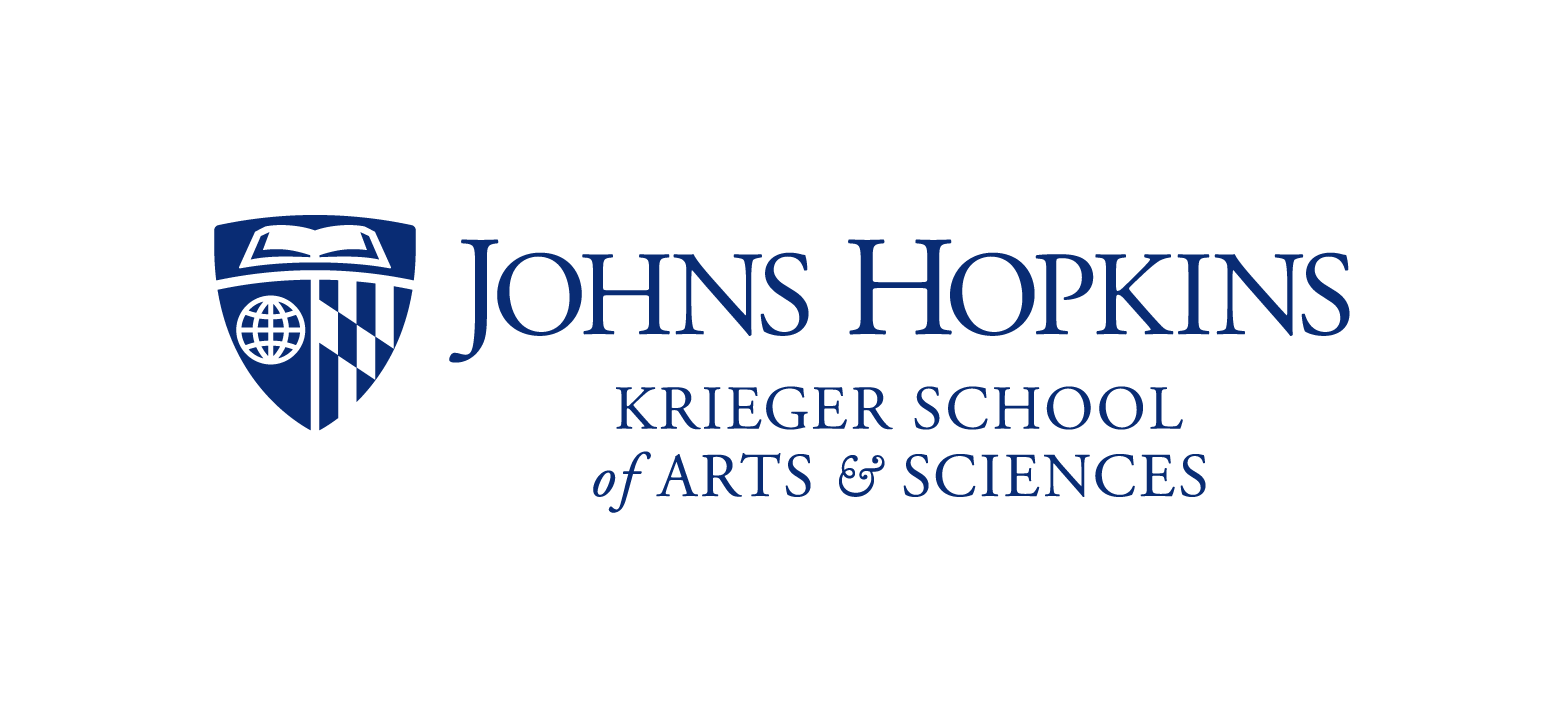The John Addington Symonds Project’s processes and products are shaped by our dedication to these values:
- Accessibility. We believe that digital projects should reach as many potential users as possible, all over the world, with various channels of access to technological and other resources. Accordingly, all content housed on our site is open access, and our links, wherever possible, are to materials that are not behind paywalls. Calibrating for accessibility rather than novelty also means that digital projects should be data-resourceful, rather than data-intensive, and should rely on components that have been widely adopted and time-tested, rather than the latest, high-tech components, in the spirit of “Minimal Computing” as articulated by the Global Outlook::Digital Humanities working group of the Alliance of Digital Humanities Organisations.
- Stewardship. We believe that digital tools and approaches can help us answer humanistic questions of scale, but that “designer” digital projects are not always necessary for these ends. Bespoke projects with specialized features are not always easy to connect to other resources, contributing to the problematic “silo model,” and often require expensive and time-consuming sustainability measures. Responsible stewardship in the digital environment means re-using tools that our community has already invested in, to create projects that can be upgraded and migrated as time goes on.
- Care. We believe that the process of creating digital projects should be governed by an ethics of care through the cultivation of relationships and respect for the time, labor, and expertise of all contributors, with appropriate recognition and compensation. Our lab has intentionally invited in and relied upon contributors from across our institution and we have made their contributions visible. This care-ful approach to collaboration also reveals the wide-ranging social, technological, and professional networks that have always sustained humanities research.
- Diversity and inclusivity. We believe that, because digital collections and analyses can help us understand the human past and present in new ways, they are especially powerful and meaningful when oriented to histories that have been systematically neglected, distorted, suppressed, or marginalized.

